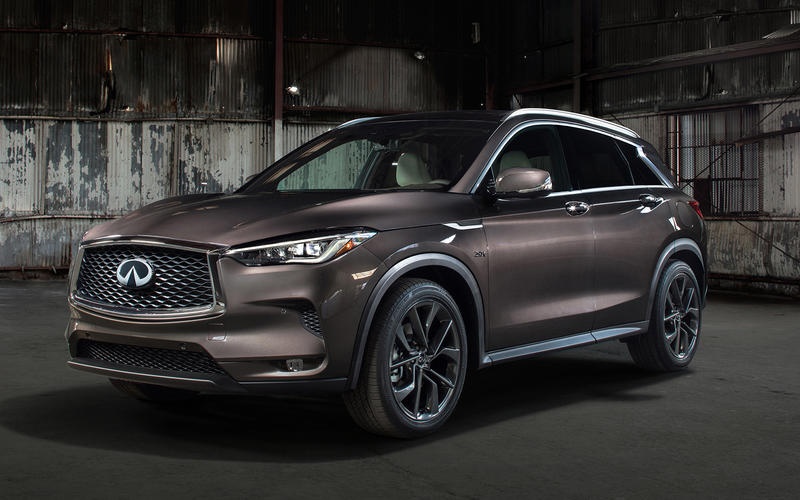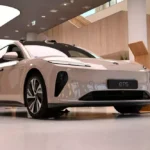
|
According to Car News China, Infiniti has denied rumors suggesting that the Nissan-owned luxury brand will withdraw from the Chinese market.
The rumors originated from a Wechat account and several posts on the Chinese social media platform, Weibo. Despite Infiniti’s denial, recent events seem to suggest otherwise.
Car News China reports that Infiniti was notably absent from the Guangzhou Auto Show, and there are indications that the brand will cease production in China. This is not the first time such rumors have surfaced, but this time, there seems to be more substance to them.
|
|
Infiniti’s sales performance in China has been lackluster, with October sales reaching only 255 units, bringing the year-to-date total to 1,919 vehicles. It is almost certain that Infiniti’s sales in the country for 2024 will fall short of the 5,824 units sold last year. This decline in sales has led to the closure of several Infiniti dealerships in China.
The rumors also suggest that the company is undergoing a broad restructuring process. The former director of Infiniti China has been transferred to the Venucia division of Dongfeng Nissan, and other employees are considering relocating or resigning.
Infiniti’s leadership refutes the authenticity of these reports, stating that they have a severely negative impact on the brand’s image.
These rumors come just a few weeks after Infiniti’s 35th anniversary celebration. The Nissan-owned luxury brand has already withdrawn from Europe, Australia, and South Korea, and its sales performance in the US has been mediocre.
China was once considered Infiniti’s great hope. The brand started selling cars to Chinese customers in 2004 but only officially entered the market in 2007.
Infiniti soon encountered troubles related to China’s emission taxes, which targeted vehicles with large-displacement engines, an area of focus for Infiniti.
|
|
In 2014, Infiniti established the Dongfeng Infiniti joint venture, putting the brand on par with Dongfeng Nissan. This partnership enabled the local production of Infiniti vehicles in China, and the brand’s sales peaked in 2017 with 48,408 units sold.
However, Infiniti’s position in China has been declining since then. In 2020, the brand’s global headquarters moved from Hong Kong back to Japan, and in 2022, Dongfeng Infiniti became a division of Dongfeng Nissan.
According to Car News China, Infiniti’s decline is partly due to challenges in transitioning to new energy vehicles. The lack of ability to pay cooperation fees to Mercedes-Benz for new model development has also left Infiniti with a product shortage.
The latest generation of Infiniti’s QX60 has received mixed reviews, with some reporting abnormal noise and gearbox issues shortly after purchase.
Recommended Reads for Your Journey
Our ‘Xe’ section offers a diverse range of captivating book titles to accompany you on your travels. Whether you’re embarking on a long journey or enjoying a moment of relaxation, these books are sure to enrich your experiences.













































